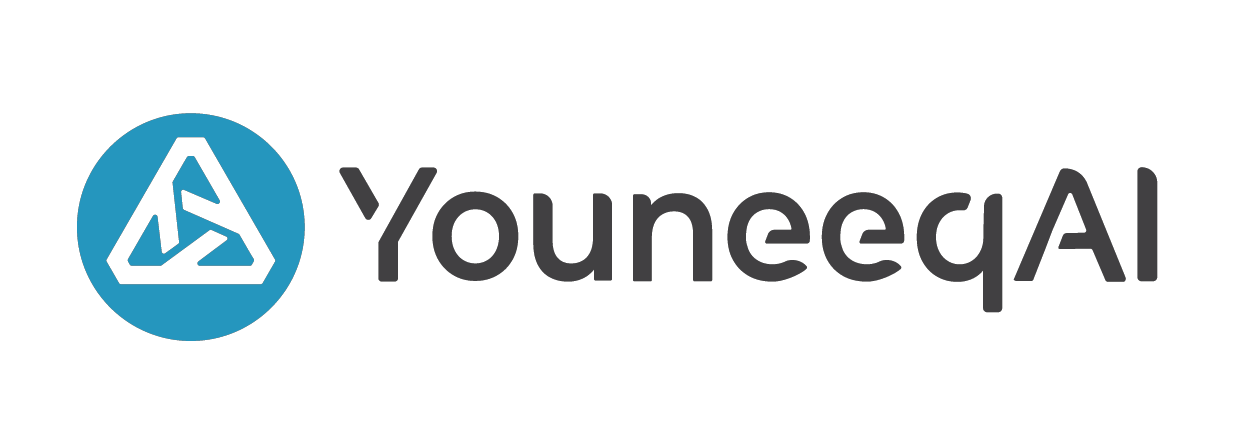
A recent Entrepreneur magazine article said, “Customers are more and more expecting artificial intelligence when they interact with a business online”. The problem is that most smaller or medium sized businesses do not know much about artificial intelligence and where to source it for their business.
Businesses are investigating how AI can help them drive down costs, better accommodate customers, and remain competitive with their increasingly tech-driven peers. For small businesses unfamiliar with AI, the prospect of rolling it out can be daunting. However, by adopting a strategic approach, small businesses can get a head start on harnessing AI and reaping the benefits it offers. AI has the potential to make every company and every employee smarter, faster, more operationally efficient and more productive, and small businesses that are early to adopt new technologies look bigger than they are.
A survey last year found 61 percent of small business owners felt they weren’t ready to adopt it. They felt AI was too complicated for what they needed.
Everyone “knows” Artificial Intelligence (AI) is the stuff of science fiction and the deep state, and you’d be forgiven for thinking AI is reserved for large enterprises and secret government agencies. But you’d be mistaken.
Across North America, Youneeq has been deploying AI at local newspaper websites since 2013, and Youneeq publishing partners have been leveraging our machine learning algorithms and predictive Artificial intelligence technologies to surface the right content to the right individual at the right time.
Most websites, ads, and 3rd parties will drop cookies on user browsers to collect user data and identify various user histories/activities. Google (and Bing, Yahoo) also use cookies to track search history. Google etc and Websites then offer user data (in various forms) to the market of Data Management Platforms (DMP) (i.e. Bluekai) where this data is sold to advertisers that want search history, demo/geo on individual users. While this is smart, it is neither intelligent nor is it elegant.
Youneeq collects user data, but we primarily track content consumption, device, session times, etc – and we also leverage much of the same data as websites, in real time, without human touch.
Matching users search history to ad taxonomies is known as retargeting – and as such doesn’t really target a “micro-segment” as much as creating a narrower “funnel” of users who have similar search histories-this is why you’ll often get ads served to you long after the initial search, and often when you were searching for related information but had no actual intent or interest to purchase or take the next step.
Effectively, this creates a static pool of users who have searched terms that meet the criteria various DMPs have set to re-target ads based on selected user data.
Instead, Youneeq continuously tests each users behaviour, in real-time against a dynamic set of content and users and makes content recommendations based on demonstrated human characteristics/behaviours – this is far more effective at reaching individual users than matching static id data to static ad taxonomies that then match ads to users based on historical data.
In simpler terms Youneeq’s technologies bring the right information to the user instead of the user having to look for it.
This means Yq content, or product or data recommendations are significantly more “intelligent” and individually targeted to each user, and the technology constantly “learns” and adapts to user behavioural changes – retargeting strategies do not work in this way because the ad taxonomies are set to ensure enough ads impressions are served to make business sense (ads are sold on a per thousand impression basis) at the expense of any elegant logic that identifies individual users within a brand segment.
All this for pennies per thousand, plus significant improvement across all audience engagement metrics and content, ad performance KPIs.
Mark Walker
President
250 462 3783




